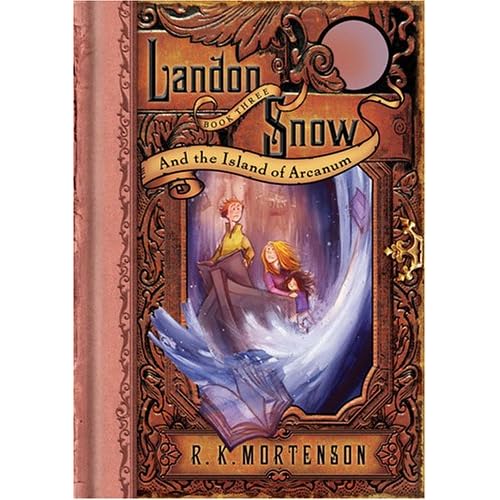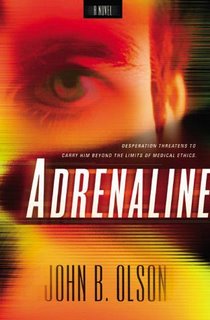
Jill and I went out to see Eragon this afternoon and, I hate to admit it, I was disappointed in it. About a month ago, I sat down and read the book and really, really enjoyed it. There were a few times where I got a little stressed over Christopher Paolini's choices, but it was an entertaining book. The movie, sadly, does not live up to the book's potential.
For starters, we have the amount of compression that simply devastated large chunks of the plot. I realize that the book is pretty long, so some condensing had to occur. But some of the choices they made were simply mind-boggling. For example, having Saphira grow to a full fledged dragon in a big flash of light was nonsensical. I liked it better when she grew up gradually. Saphira picking her own name was just plain silly.
The compression also really killed Murtagh and Arya's characterization. I particularly liked the way that Murtagh developed in the book. In the movie, he's nothing more than a generic sidekick with an interesting tidbit of no real consequence in his past.
The same holds true for Arya. Did not like the way her character was portrayed at all.
Like I said, I understand that some compression is needed. But consider this: the running time for the movie was only an hour and forty minutes! They could have easily tacked another twenty onto the movie and drawn some of that stuff out. Given the fact that crowds have sat through lengthy films of great (Lord of the Rings) or dubious (King Kong) quality, this shows sheer laziness on the parts of the directors.
Although I suspect that in a few months, we'll all be encouraged to purchase the "longer cut" DVD with extra footage. I'd like to think that won't be a crass marketing ploy to bilk us out of more money, but I can be cynical like that at times.
The second thing that really, really, really bugged me, however, were a few continuity problems in the movie. For example, in one scene, Eragon goes riding on Saphira and Brom rides along on the ground below. In the opening shots of this sequence, Brom is riding on his horse with no other horses around. At the end of the sequence, though, he's holding the reigns of Eragon's horse. Did he have that horse in his pocket when the scene started?
And then there's this conundrum:

This is a scene right before the climactic final battle. Arya reveals the armor that the Varden have made for Saphira. Take a good look at that faceplate. Looks really cool, right?
Well, apparently some of the extended scenes that will be miraculously restored on the DVD will include one where Saphira refuses to wear the faceplate because it makes her butt look big or something, because in the next scene, when she comes out in her armor, she isn't wearing it. No explanation as to why. Personally, if I was a Varden blacksmith, I'd be more than offended if I had busted my hump to make dragon armor and then it wasn't used.
And as long as we have that picture, let me ask you this: where are Arya's points? The woman's supposed to be an elf, for crying out loud! The book says that her ears are pointy, the movie says she's an elf, so why are the tips of her ears round? I mean, how expensive are pointy ear prosthetics? They could have just gone down to a Star Trek convention and bought a case of Spock ears if they were in a pinch.
And don't get me started on the dwarfs. I realize that Peter Jackson may have spoiled me in the Lord of the Rings trilogy with his digital wizardry, but barring that, couldn't they have just hired really short actors? After Eragon made it to the Varden, I leaned over to Jill and whispered, "Those are dwarfs, by the way." She looked at me like I was crazy.
Needless to say, this whole experience has soured me a little on this movie franchise. I plan on reading Eldest sometime in the near future; but if I'm going to watch it, I'm going to wait to rent it.

















